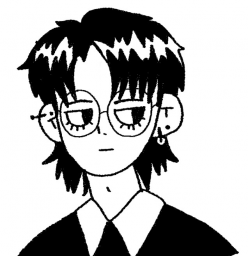Welcome to this blog where I document my reflections through the semester for ETEC565B: METatheory – New Materialism meets the History of Educational Media lead by Prof. Jen Jenson.
Learning Objectives:
- Understand paradigmatic histories and theories of media and technology
- Identify, describe, situate in time and place the main ideas of architects of the theories in the course, from standpoint of their concurrent and subsequent educational tools and technologies
- Understand the tenets of Actor Network Theory and New Materialism, and explain with specific examples how this perspective contributes to educational technology theory, research, design and assessment.
- Create a variety of media and digital artifacts with clear purpose in context of real-world application in your own practice
Course Reflection
Many of the theoretical concepts in the media studies realm was very novel to me, and it was a lot of fun connecting the concepts to real life examples. The focus on “things” and “objects” provided a strong paradigm shift that started to deconstruct dualisms between object/subject, nature/culture, human/thing, etc. and has helped me perceive media in a different light.
I really enjoyed the breadth of this course, especially drawing from critical theory and other disciplines such as architecture, urban planning, sociology, anthropology, science fiction (specifically of feminist and queer genealogy), etc. The interdisciplinary nature of this course made it crucial to create and make connections in a personalized context. Having taken ETEC540: Text Technologies; The Changing Spaces of Reading and Writing was helpful as it provided some context of the history of the different kinds of media and their affordances (a foundational background of the “things” that can be considered media).
I think the breadth of the concepts and ideas can make the course overall somewhat challenging to follow, as it can feel somewhat free-flowing and unstructured. It felt like the relevance of New Materialism and education was less straightforward and clear — perhaps if I had more educational teaching experience, I could find and establish the connections better.
At the same time, I really enjoyed how that encouraged exploration and finding the niches in which connections can be made to more personalized contexts. Coming from an interdisciplinary undergraduate background, I very much felt like I was able to push myself to make personal connections to the course material and really intra-act with it from a media studies perspective, as an avid media consumer and creator myself.
